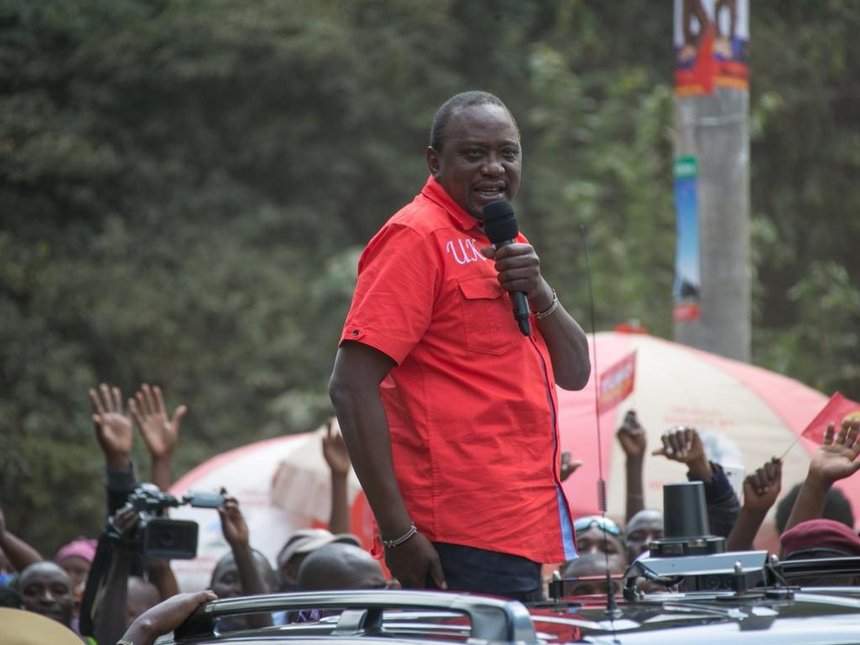Kenya’s election commission said on Tuesday that different staff will be in charge of the Oct. 17 re-run of the presidential election, after the country’s top court last week nullified the result of the August vote.
The Supreme Court ordered on Friday that the vote be re-run within 60 days, saying incumbent President Uhuru Kenyatta’s victory by 1.4 million votes was undermined by irregularities in the process. Kenyatta was not accused of any wrongdoing.
Independent Electoral and Boundaries Commission Chairman Wafula Chebukati said in a statement on Tuesday that it had appointed for three months a project coordinator and officials to run the information technology, logistics, operations and training as well as the national tallying centre during the re-run.
“The appointment takes immediate effect,” Chebukati said.
The appointments were announced hours after opposition leader Raila Odinga said his coalition would not participate in the re-run unless some officials were removed and its voting technology audited.
Chebukati’s statement did not mention those who previously held the positions.
Kenyatta responded to Odinga’s demands by saying there was nowhere in law that required the electoral body to consult Odinga.
Odinga’s conditions for participating in the repeat presidential election included the removal of six officials at the election board. He wants criminal investigations to be opened against them.
“You cannot do a mistake twice and expect to get different results,” Odinga told reporters. “A number of the officials of the commission should be sent home, some of them should be investigated for the heinous crimes they committed.”
The opposition also said it was planning to file dozens of challenges to results from races lower down the ticket, including legislative and local seats contested in the Aug. 8 vote.
COURT CASES
The Supreme Court ruling, the first time in Africa that a court had overturned the re-election of a sitting president, was hailed by Odinga’s supporters as “historic”.
Analysts have said it is likely to lead to some short-term volatility in East Africa’s biggest economy, but could build confidence in institutions longer-term.
On Monday, the election board said it would hold new elections on Oct. 17. But Odinga said he wanted elections held on Oct. 24 or 31 instead.
Odinga’s National Super Alliance said in a letter to the chairman of the election commission that before the new vote is held, it needs to audit the technology used to conduct August’s election and give an assurance it will be transparent in its conduct.
“There will be no elections on the 17th of October until the conditions that we have spelt out in the statement are met,” Odinga said.
Kenyatta rebuffed Odinga’s demands. “There is no legal requirement that Raila be consulted. I was neither consulted. Kenya doesn’t belong to one man,” he said in a statement sent by his office.
Odinga has lost the last three presidential elections. Each time, he has said the vote was rigged against him.
A row over a 2007 poll, which Odinga challenged after being declared loser, was followed by weeks of ethnic bloodshed that killed more than 1,200 people.
The opposition also plans to lodge 62 court cases contesting governorship, lawmaker, and local seats, spokeswoman Kathleen Openda told Reuters.
At least 33 court cases were filed contesting election results before the presidential election was annulled, said Andrew Limo, spokesman for the election board.
The judiciary said in a statement that by Tuesday a total 66 cases had been filed before various courts challenging the outcomes of such seats countrywide. The board received challenges to 189 results in 2013.
(Editing by George Obulutsa and Alison Williams)


